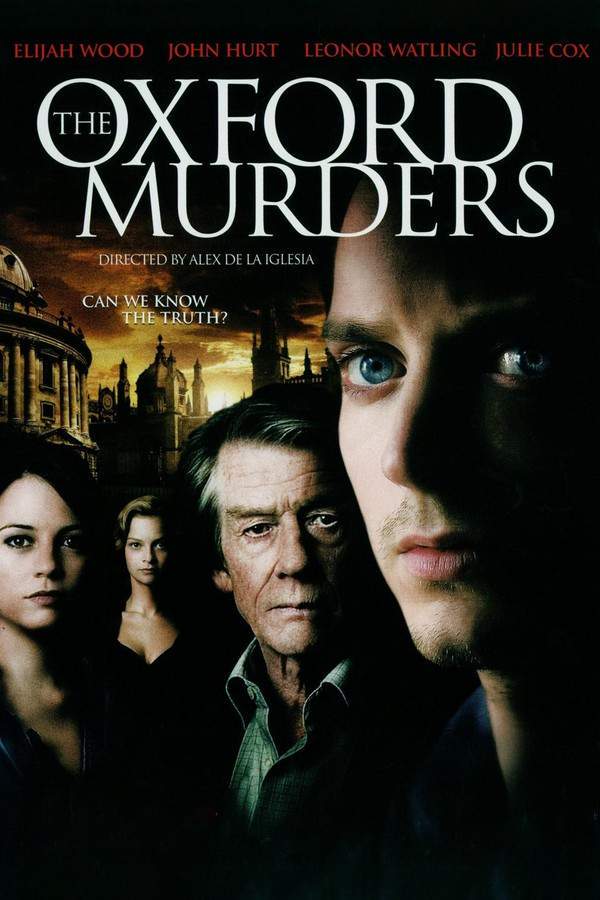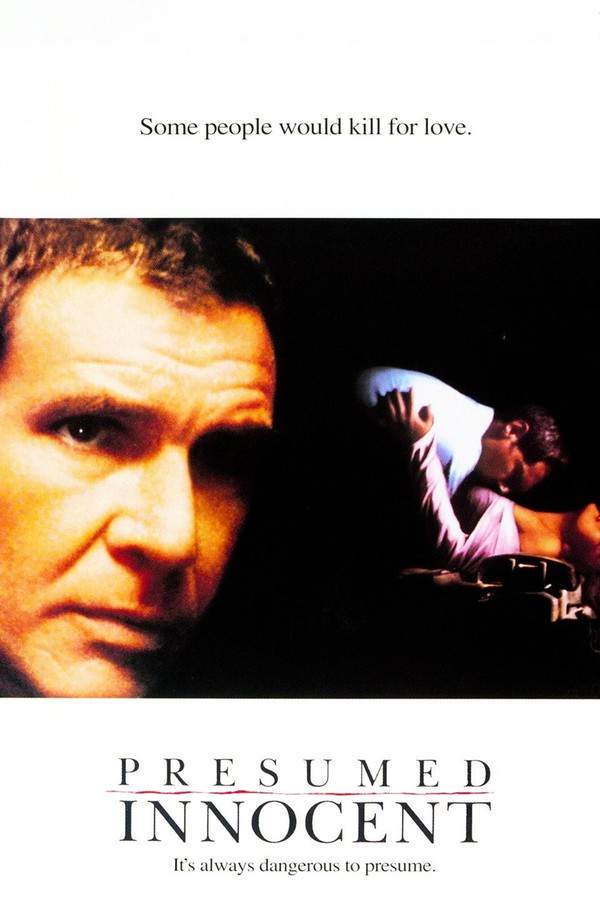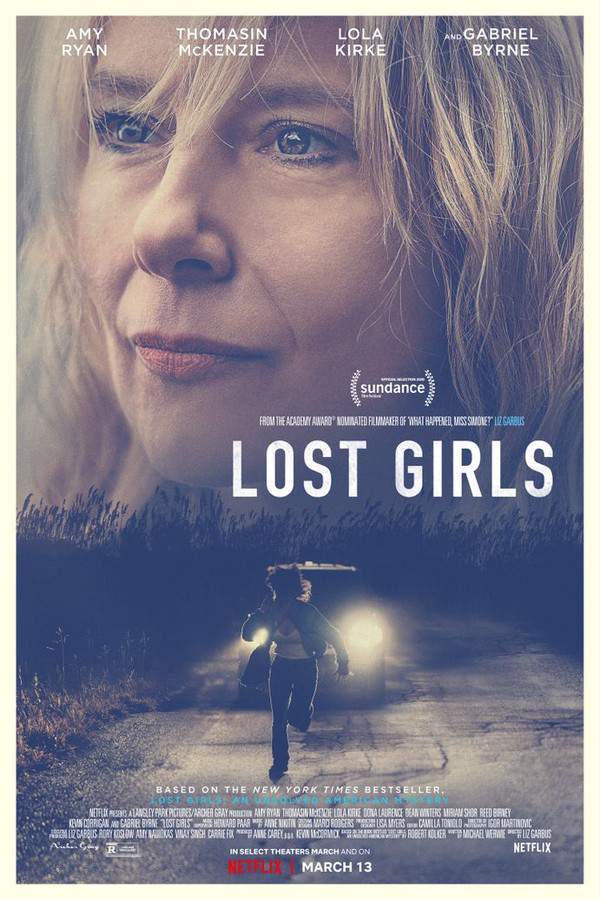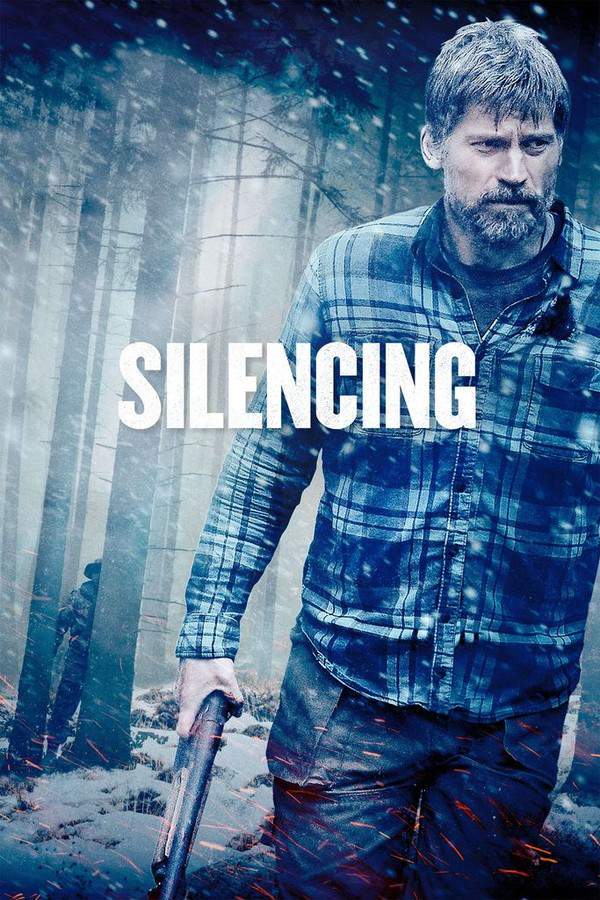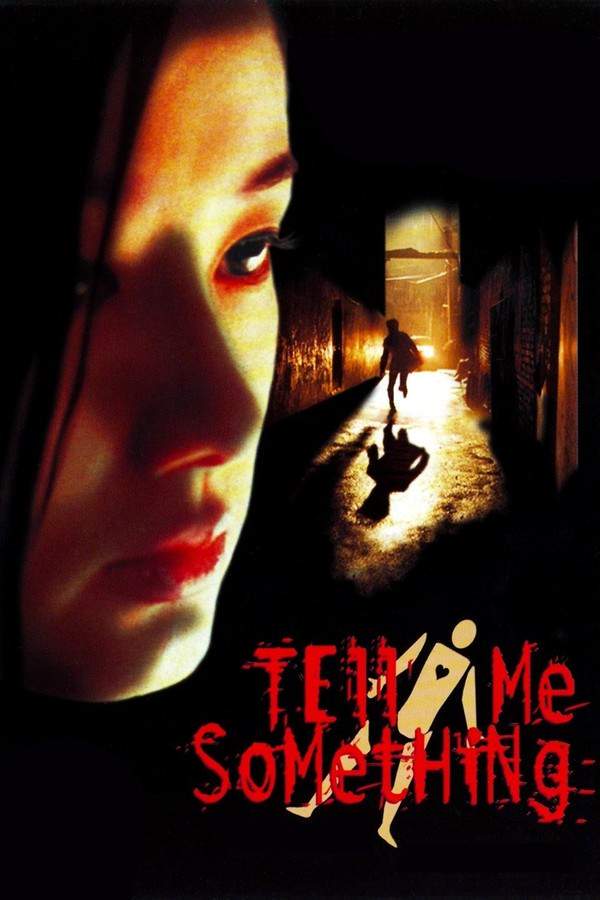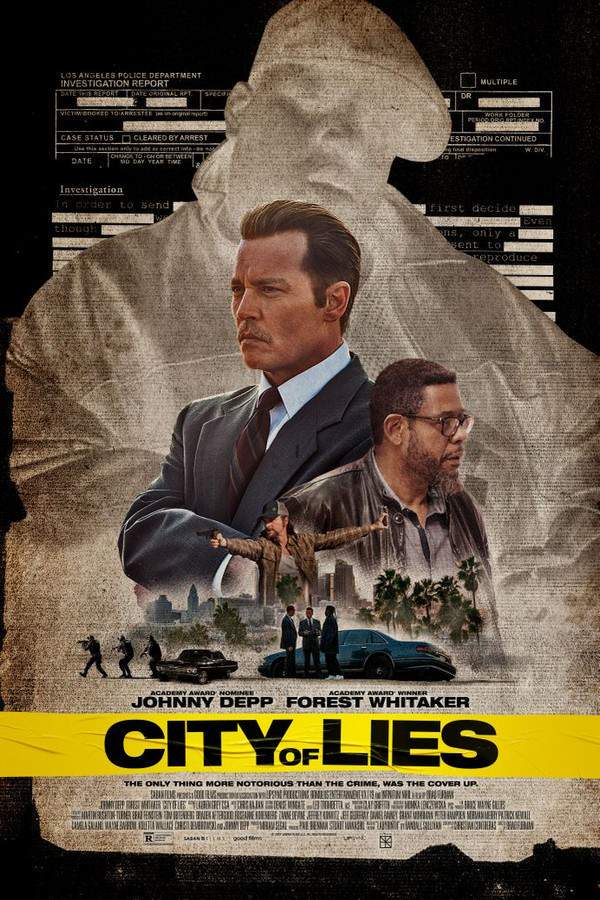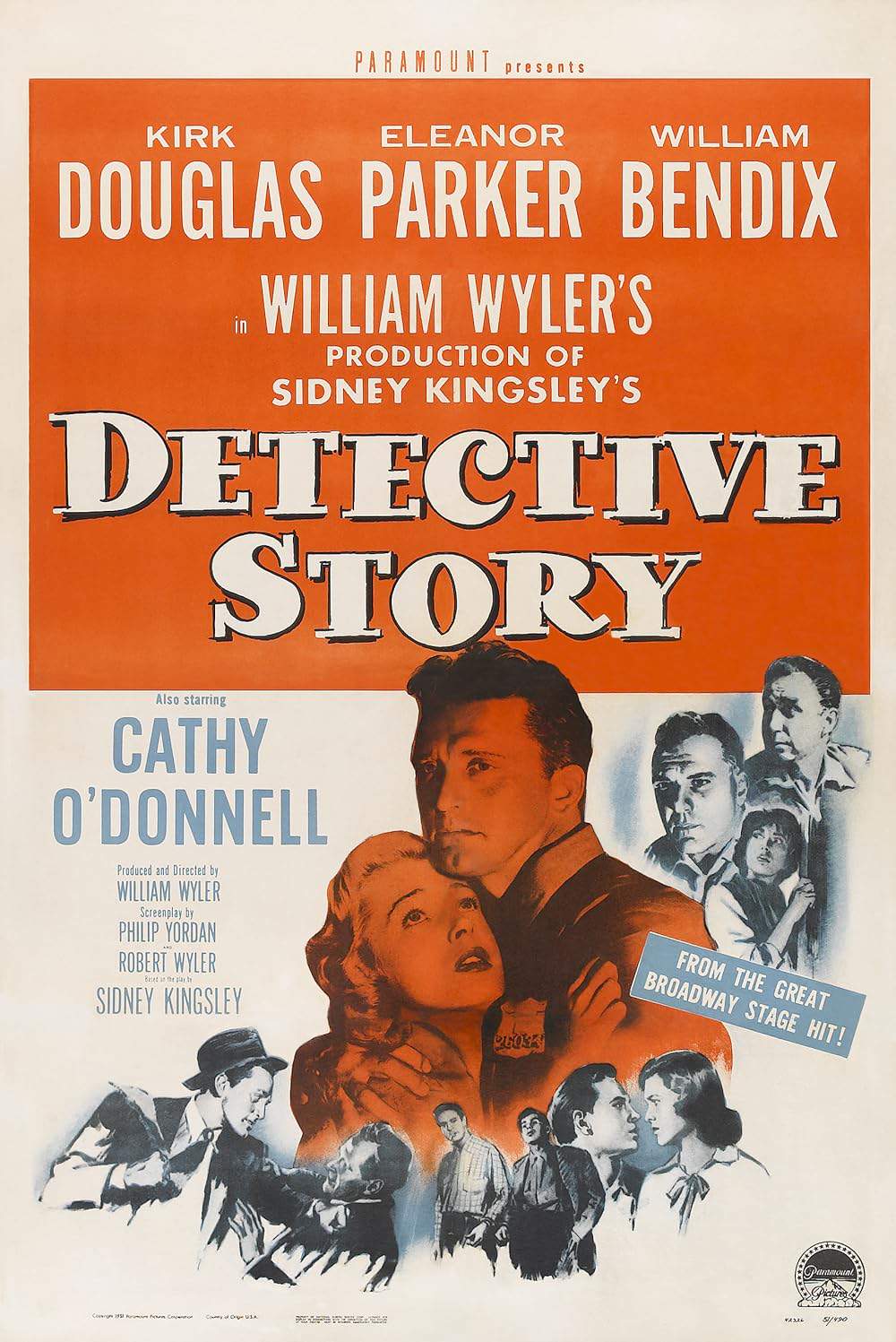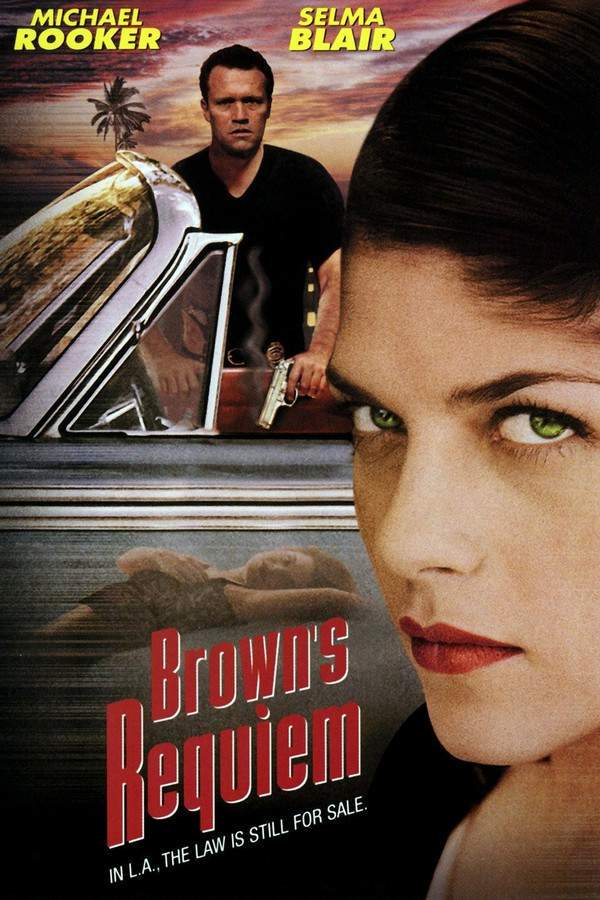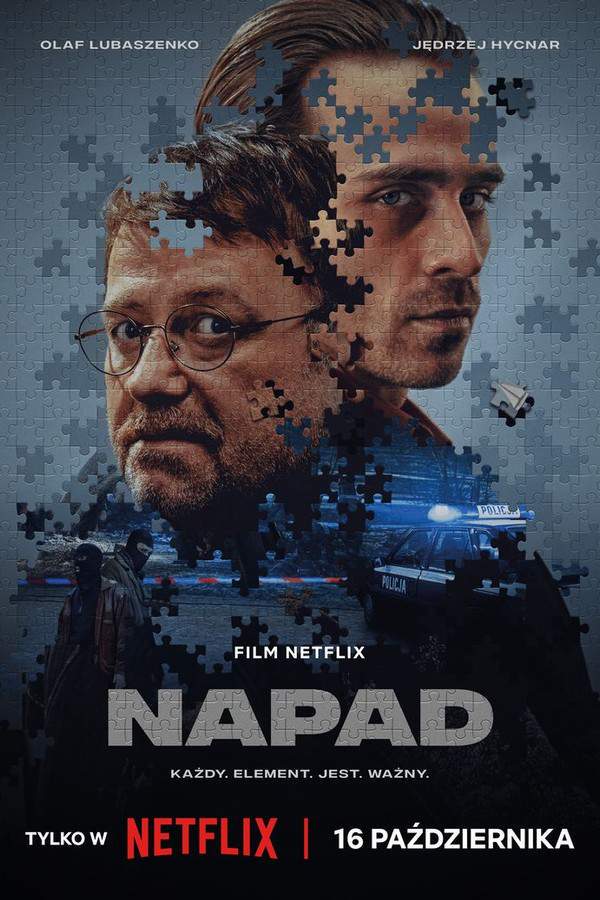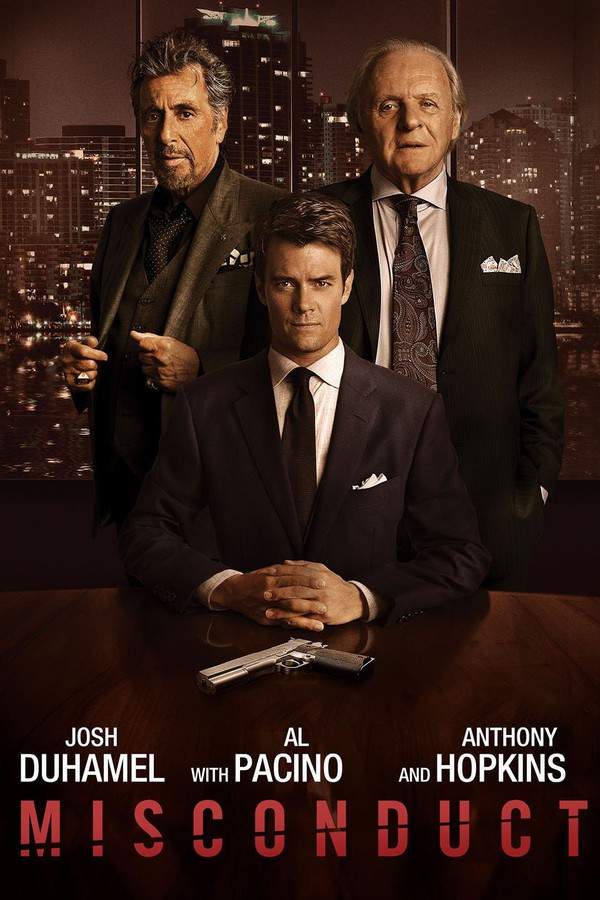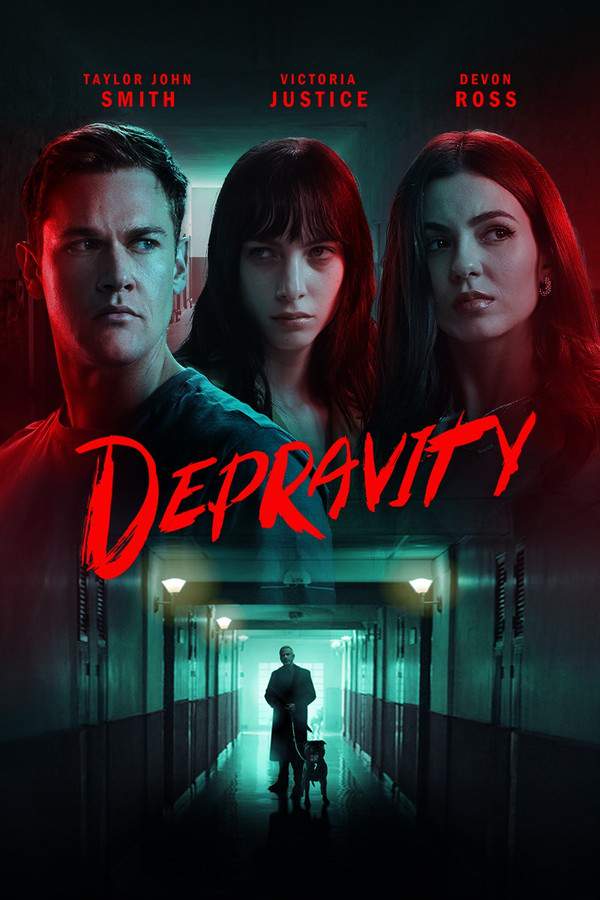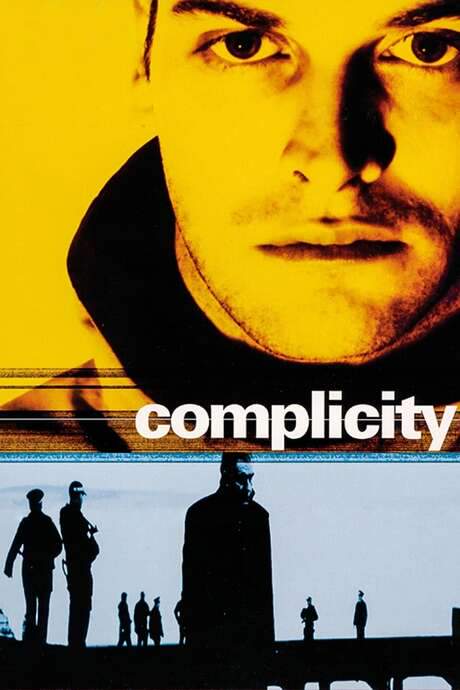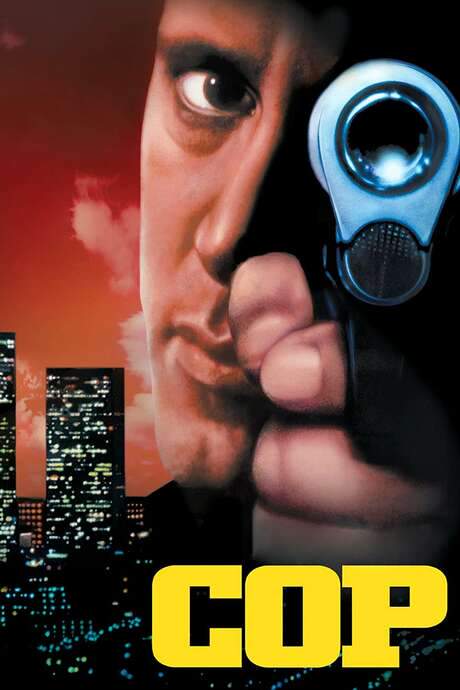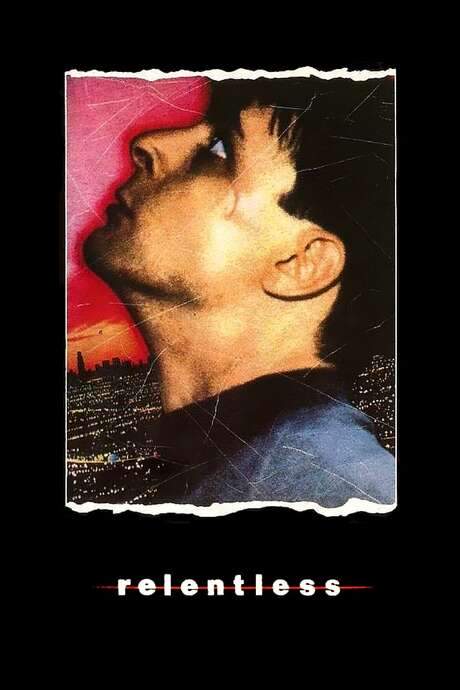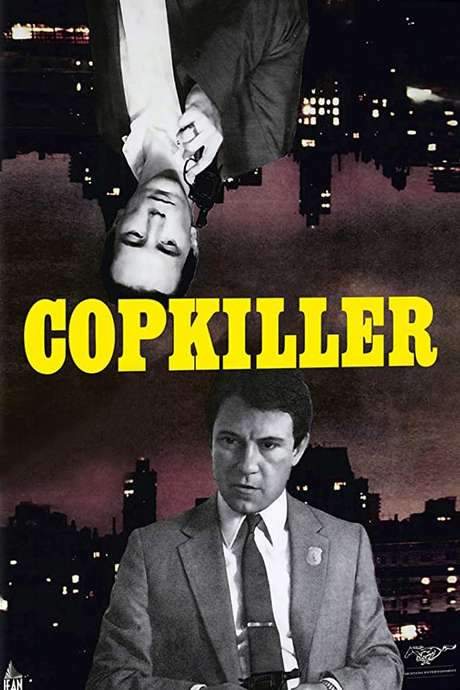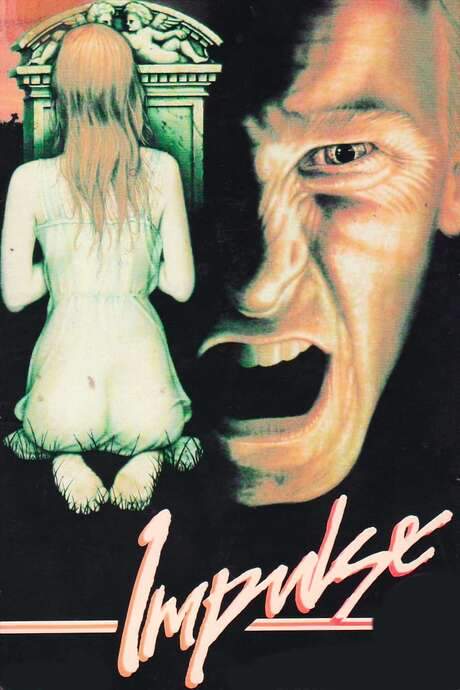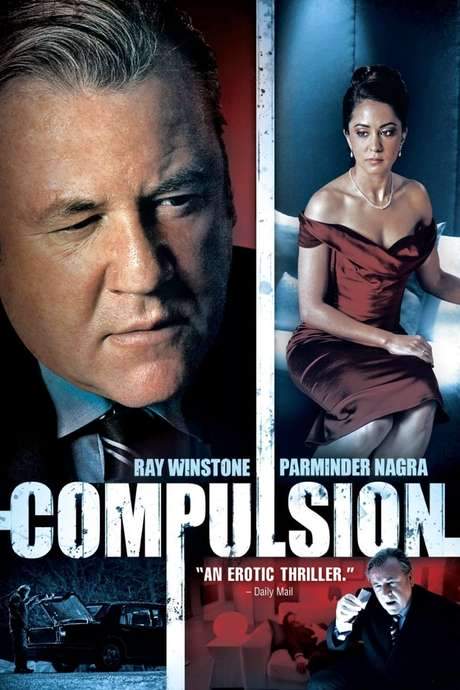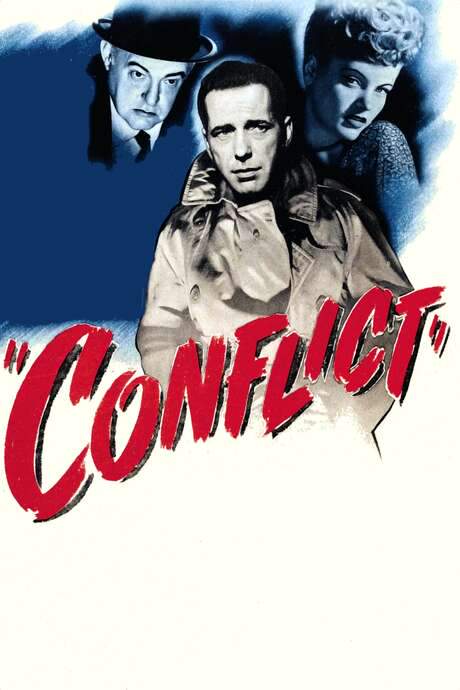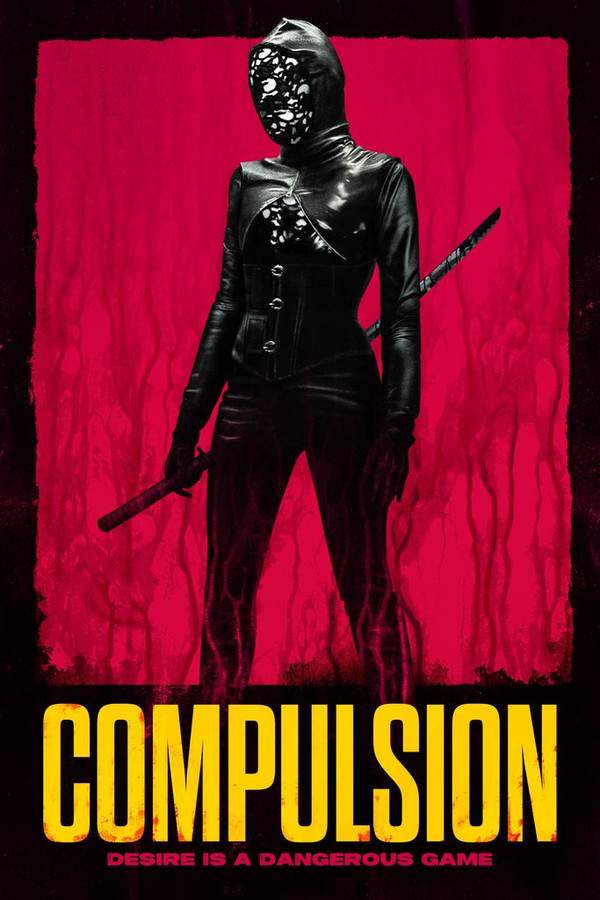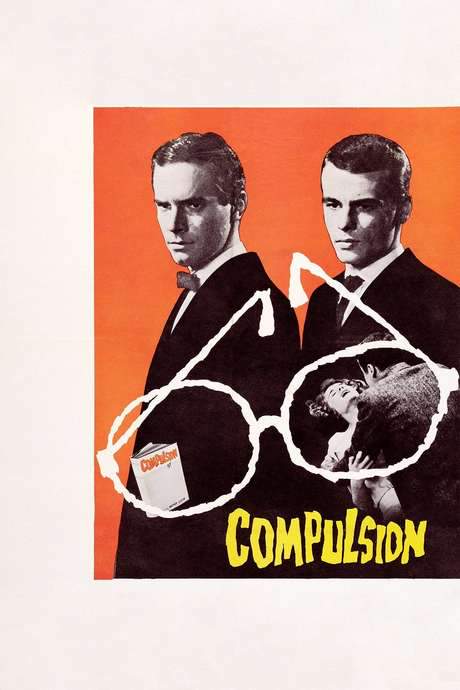
Compulsion
Year: 1959
Runtime: 103 mins
Language: English
Director: Richard Fleischer
Believing they could pull off the perfect crime, two teenage friends meticulously plan a daring thrill‑seeking caper. Overconfident, they think they’ve eliminated every trace, but a single oversight—leaving a pair of glasses at the scene—shatters their scheme and triggers a shocking fallout.
Warning: spoilers below!
Haven’t seen Compulsion yet? This summary contains major spoilers. Bookmark the page, watch the movie, and come back for the full breakdown. If you're ready, scroll on and relive the story!
Compulsion (1959) – Full Plot Summary & Ending Explained
Read the complete plot breakdown of Compulsion (1959), including all key story events, major twists, and the ending explained in detail. Discover what really happened—and what it all means.
Dean Stockwell plays Judd Steiner, one half of a wealthy Chicago duo who are eager to test the boundaries of law and morality. His companion is Bradford Dillman as Artie Straus, a brilliant but ruthless classmate whose commands become more dangerous as Judd tries to prove his own intellectual superiority. Together, the two young men—raised in privilege and secure in their social status—grow convinced that Nietzsche’s concept of the Übermensch grants them a license to govern themselves above ordinary rules.
From the start, their bravado is treated as a study in vanity and manipulation. In a tense classroom moment, Judd pushes back against Professor McKinnon’s challenge about tribal codes, hinting that the “superior” should determine which laws apply to them. The dialogue sets a chilling tone: intellect and self-image are weaponized, and obedience to social norms is treated as a constraint imposed by the “inferior” around them. As the two move from flirtations with small transgressions to real criminal acts, the stakes escalate quickly.
What begins as petty theft soon spirals into more brazen defiance. Artie, pulling the strings, orders Judd to steal money and a typewriter from a campus fraternity house to help fabricate a ransom note. Judd, who senses the consequences of crosswords with reality, tries to resist when Artie, hungry for recognition, pushes him toward even darker ambitions. The pair’s fragile dynamic is tested when they encounter a hitchhiker one night and drive away after an argument—an act that exposes Judd’s wavering resolve and reveals the dangerous distance between their self-image and the consequences of their choices.
The real turning point comes when Artie, eager to demonstrate their “superior intellect,” creates a plan to abduct and kill a victim, thereby forcing the police to chase a ransom they control. They menace Paulie Kessler, a neighbor returning home from school, and murder him in a sequence that the film meticulously documents with a cold, procedural clarity. The idea of a flawless crime quickly proves hollow: the pair misjudge the weight of evidence and the unpredictable nature of inquiry. Their taunting behavior during investigations—Artie’s self-assured, partly winking participation—betrays a dangerous blend of bravado and ignorance about real-world law enforcement.
As the investigation unfolds, a crucial thread appears: physical evidence that does not fit Judd’s supposed alibi begins to stray from the boys’ constructed narrative. A set of eyeglasses found at the scene, with a distinctive hinge and specific purchase history, points toward someone connected to Judd, yet the missing frames from Judd’s pocket raise questions that Judd cannot neatly answer. The pair scramble to shore up alibis: they claim to have spent the evening with two girls, May and Edna, whose full names they never actually learned. Yet the alibi begins to crumble when the Steiner chauffeur reveals he was repairing Judd’s car that very night—an inconvenient inconsistency that undermines the boys’ carefully crafted story.
As the net tightens, the two men confront the possibility that their carefully staged facade may be collapsing. Artie, who has directed Judd’s actions from the outset, cracks under pressure and implicates Judd, though he tries to shield himself by shifting the emphasis onto his companion’s supposed moral failings. The tension between confession and denial intensifies, with Judd insisting that Artie was the one who killed the victim, while Artie contends that he merely followed Judd’s lead. The film carefully tracks these confessions, counterconfessions, and the strategic evasions that surround a case built on qualitative judgments about two young men who believed themselves above the law.
Facing a mounting legal challenge, the defense falls to a famously persuasive attorney, Jonathan Wilk, a character brought to life by Orson Welles. Wilk’s closing argument against capital punishment becomes a pivotal moment in the courtroom drama, pivoting the narrative from crime and punishment to the deeper moral questions surrounding justice and mercy. The courtroom is portrayed with a clear-eyed, almost clinical, focus on procedure and rhetoric, allowing the human elements—the fear, the pride, the fear of losing everything—to come through in sharp relief.
The courtroom battle culminates in a dramatic, consequential verdict: Steiner and Straus are spared the death penalty and instead sentenced to life in prison. The defense’s strategy, artfully crafted and morally complex, reframes the crime not as an isolated act of malice but as a complicated collision of intellect, influence, and the failure to confront real consequences. The outcome speaks to the film’s themes about power, privilege, and accountability, challenging viewers to consider where responsibility truly lies when young minds mistake arrogance for genius.
Beyond the central tragedy, the cast anchors the story with its social texture. The Steiner family—Mr. Steiner, played by Wilton Graff—and the Straus family—the mother figure Mrs. Straus, known as “Mumsy” and portrayed by Louise Lorimer—provide the backdrop of a world where money, status, and expectation pressure individuals toward or away from self-destructive paths. The courtroom also features supporting figures, including Charles Straus, brought to life by Robert Burton, and the students and townspeople whose lives intersect with the two protagonists, including Sid Brooks, portrayed by Martin Milner, whose perspective as a working-class classmate adds a counterpoint to the Guilded Age aura surrounding Judd and Artie.
In the end, the story remains a stark examination of ambition gone awry, where two young men imagine themselves bound for superiority but only achieve ruin, both for themselves and those around them. The anti-heroic arc is grounded in a careful, almost forensic, attention to testimony, motive, and the fragile line between intellect and conscience. The film leaves audiences with a resonant question about the true cost of believing that one is beyond the law, and it does so through a tight narrative weave marked by precise performances, taut dialogue, and a moral clarity that never sentimentalizes the consequences of power misused.
Last Updated: October 05, 2025 at 12:37
Explore Movie Threads
Discover curated groups of movies connected by mood, themes, and story style. Browse collections built around emotion, atmosphere, and narrative focus to easily find films that match what you feel like watching right now.
Movies about intellectual arrogance unraveled like in Compulsion
Stories where intellectual hubris is meticulously dismantled by inescapable evidence.Explore a collection of movies like Compulsion, where overconfident characters meet their match through a methodical investigation. If you enjoyed watching a flawless crime scheme collapse under the weight of a single mistake, you'll find similar stories of forensic downfall here.
Narrative Summary
The narrative pattern follows brilliant but morally bankrupt protagonists who commit a perfect crime, only to have their confidence shattered by a painstaking investigation that exposes a fatal flaw. The journey is one of increasing tension as their illusion of control is stripped away, leading to a courtroom climax or moral collapse.
Why These Movies?
These movies share a core thematic focus on intellectual hubris and its consequences. They create a cohesive experience through a dark tone, steady pacing that builds tension methodically, and a heavy emotional weight derived from watching a tragic, self-inflicted downfall.
Grim crime procedurals and courtroom dramas like Compulsion
Methodical films that dissect a shocking crime and its heavy legal aftermath.This collection features tense, character-driven dramas like Compulsion that meticulously detail a crime and its legal fallout. If you appreciate a steady pace, dark tone, and a focus on the grim realities of the judicial system, you'll find compelling similar stories here.
Narrative Summary
Stories in this thread typically unfold in a linear, steady fashion, moving from the planning of a crime to its execution, the forensic investigation, and finally the tense courtroom battle. The emotional journey is heavy, often exploring themes of privilege, nihilism, and the cold mechanics of justice, culminating in a sad or bleak conclusion.
Why These Movies?
These films are grouped by their shared vibe: a dark, tense atmosphere built on a steady, procedural narrative structure. They are united by a high intensity derived from serious subject matter, a heavy emotional weight, and a compelling but grim focus on crime and punishment.
Unlock the Full Story of Compulsion
Don't stop at just watching — explore Compulsion in full detail. From the complete plot summary and scene-by-scene timeline to character breakdowns, thematic analysis, and a deep dive into the ending — every page helps you truly understand what Compulsion is all about. Plus, discover what's next after the movie.
Compulsion Timeline
Track the full timeline of Compulsion with every major event arranged chronologically. Perfect for decoding non-linear storytelling, flashbacks, or parallel narratives with a clear scene-by-scene breakdown.

Characters, Settings & Themes in Compulsion
Discover the characters, locations, and core themes that shape Compulsion. Get insights into symbolic elements, setting significance, and deeper narrative meaning — ideal for thematic analysis and movie breakdowns.

Compulsion Spoiler-Free Summary
Get a quick, spoiler-free overview of Compulsion that covers the main plot points and key details without revealing any major twists or spoilers. Perfect for those who want to know what to expect before diving in.

More About Compulsion
Visit What's After the Movie to explore more about Compulsion: box office results, cast and crew info, production details, post-credit scenes, and external links — all in one place for movie fans and researchers.

Similar Movies to Compulsion
Discover movies like Compulsion that share similar genres, themes, and storytelling elements. Whether you’re drawn to the atmosphere, character arcs, or plot structure, these curated recommendations will help you explore more films you’ll love.
Explore More About Movie Compulsion
Compulsion (1959) Scene-by-Scene Movie Timeline
Compulsion (1959) Movie Characters, Themes & Settings
Compulsion (1959) Spoiler-Free Summary & Key Flow
Movies Like Compulsion – Similar Titles You’ll Enjoy
Compulsion (2013) Movie Recap & Themes
Misconduct (2016) Full Summary & Key Details
Depravity (2024) Film Overview & Timeline
Complicity (2000) Film Overview & Timeline
Crime and Punishment (1983) Spoiler-Packed Plot Recap
Scene of the Crime (1986) Complete Plot Breakdown
Cop (1988) Complete Plot Breakdown
Relentless (1989) Film Overview & Timeline
Copkiller (1983) Movie Recap & Themes
Impulse (1974) Full Movie Breakdown
The Big Combo (1955) Spoiler-Packed Plot Recap
Compulsion (2008) Film Overview & Timeline
Conflict (1945) Ending Explained & Film Insights
Crime of Passion (1956) Ending Explained & Film Insights
Compulsion (2025) Spoiler-Packed Plot Recap

